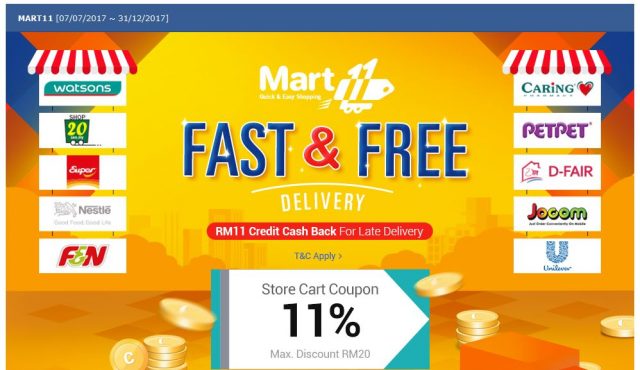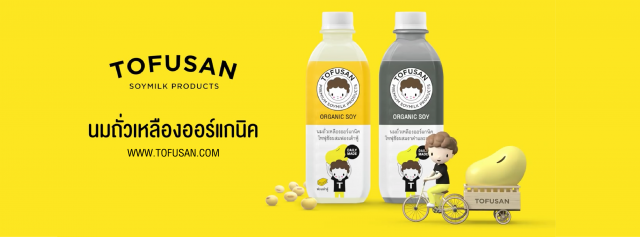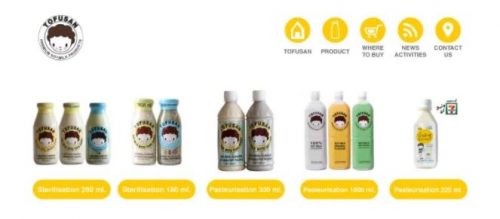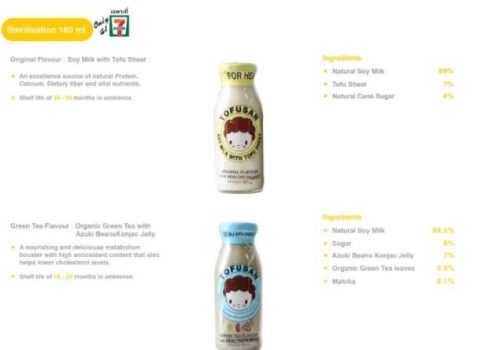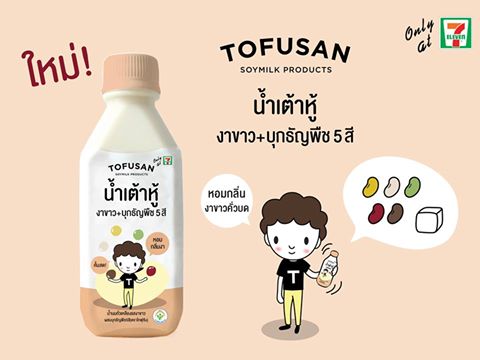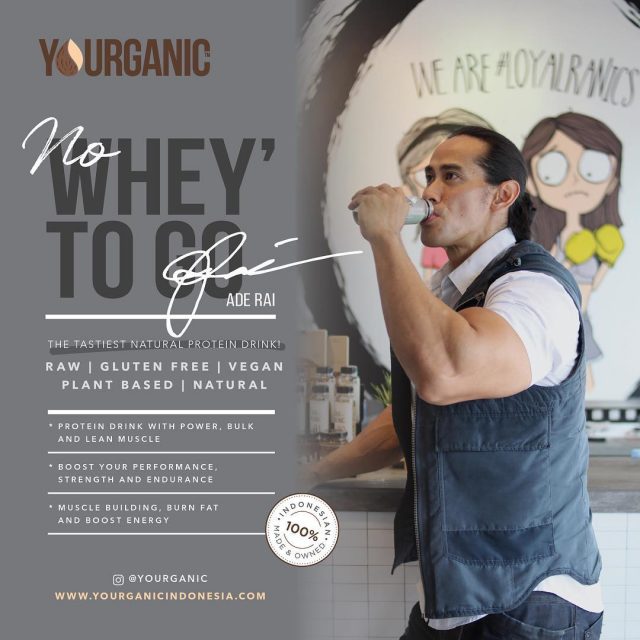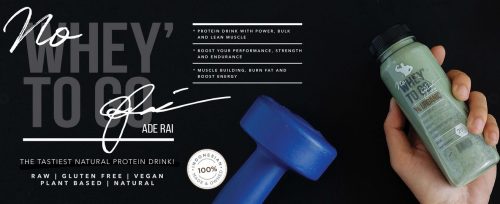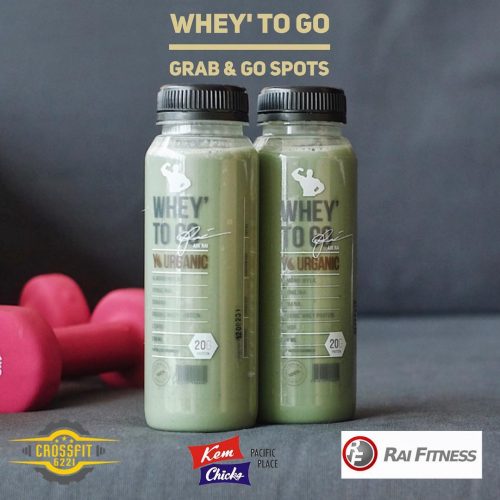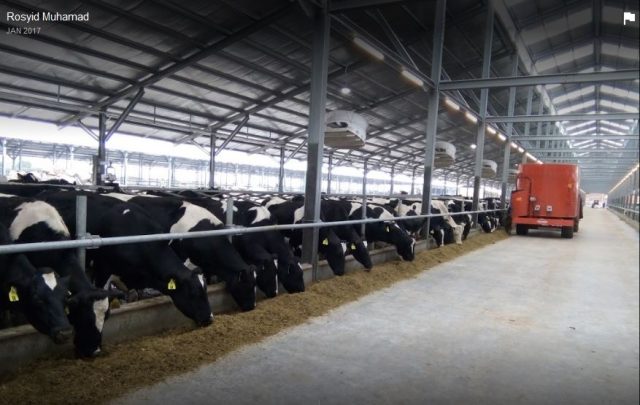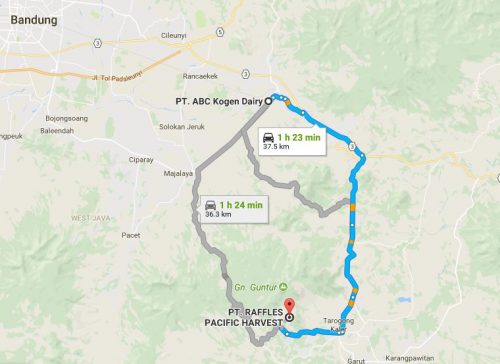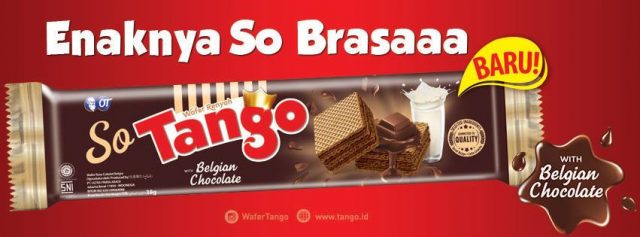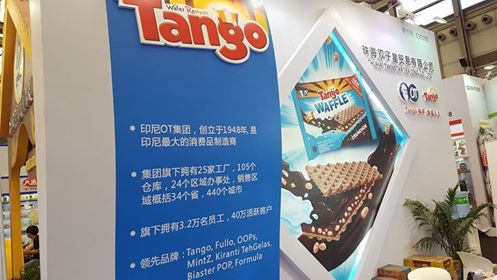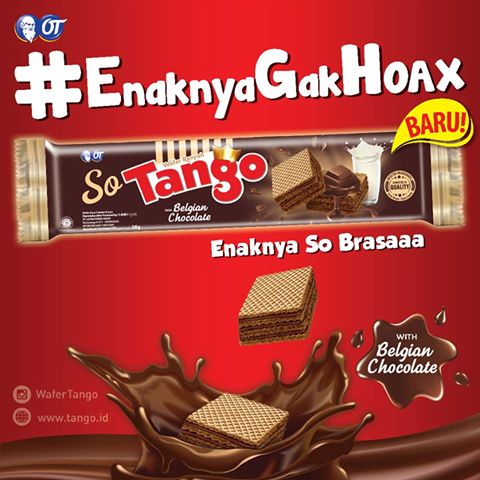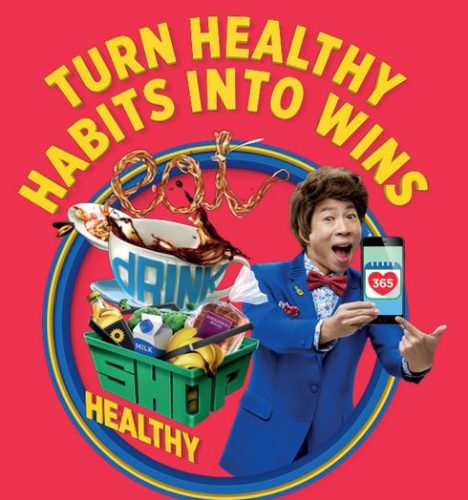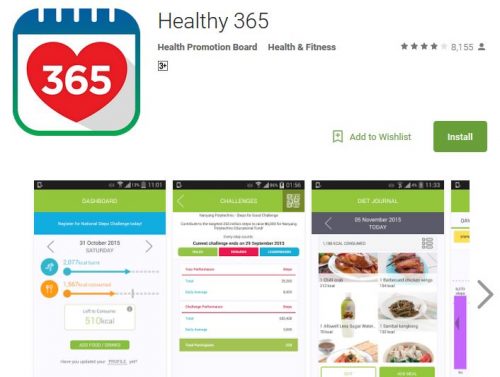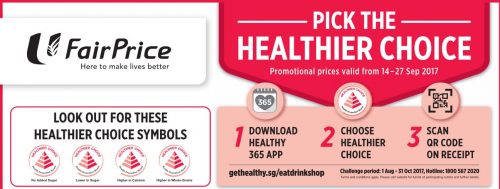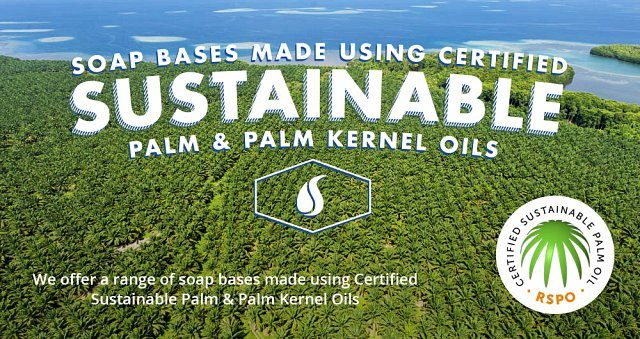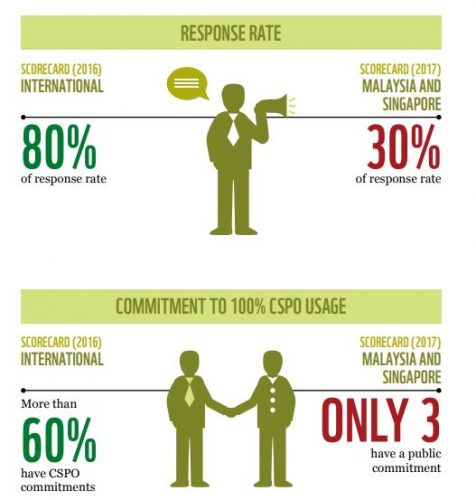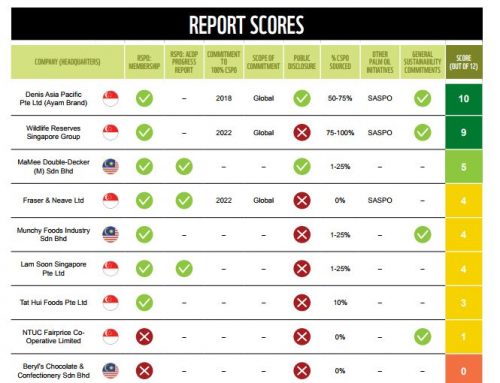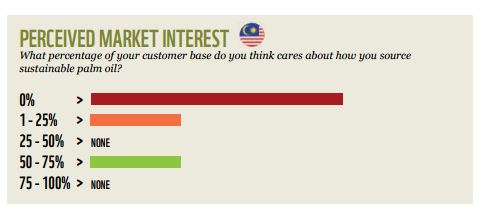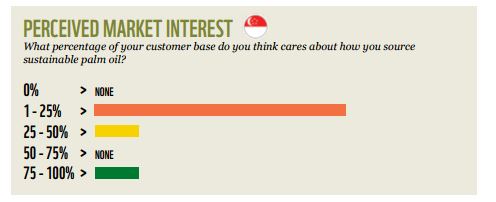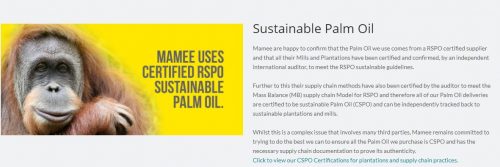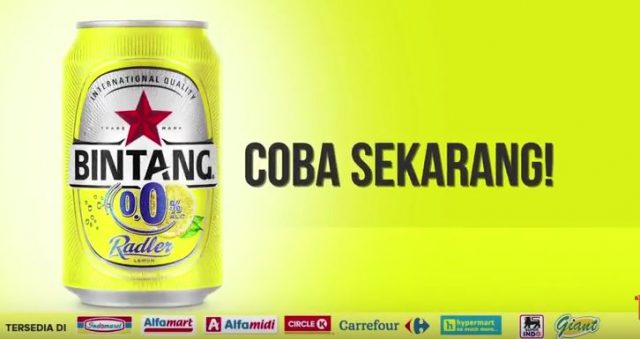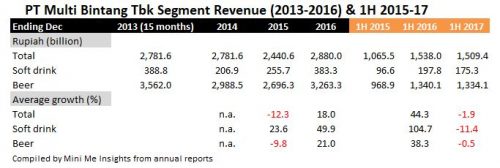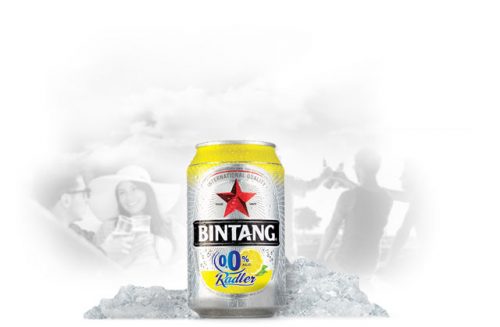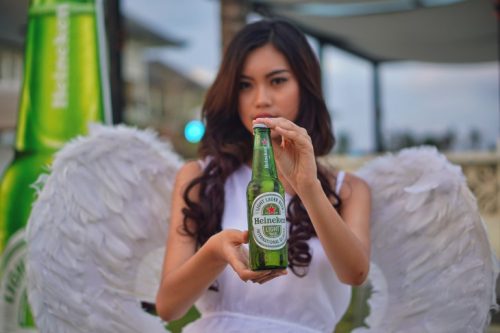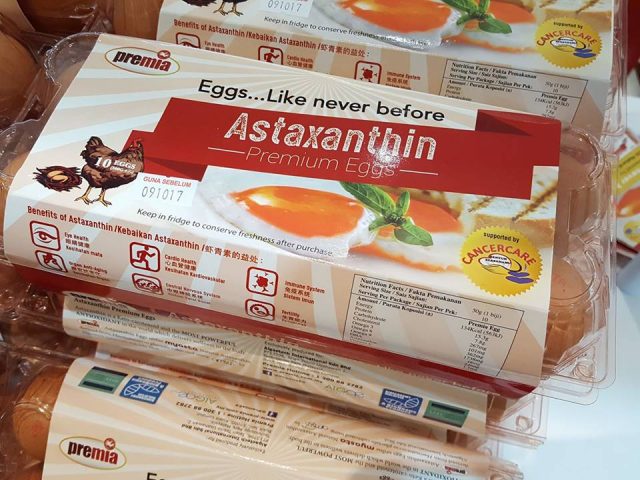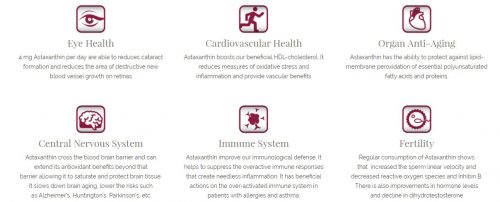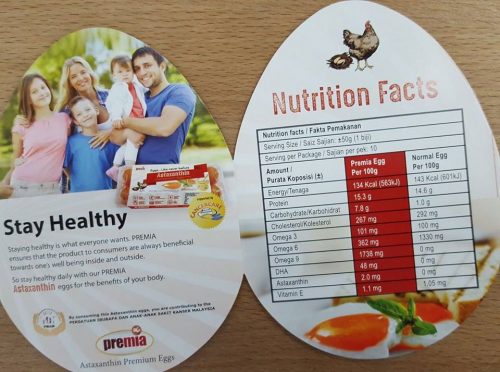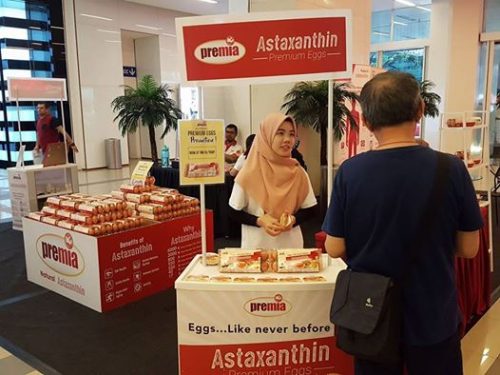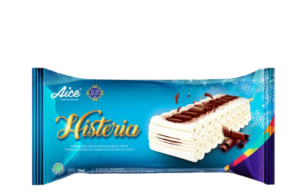Food Proteins Asia Meet in Bangkok Weighs Asia’s Rising Protein Intake & Its Prospects
CMT’s inaugural Food Proteins Asia, in Bangkok on 9-10 November highlights the opportunities presented as Asia develops a huge appetite for protein fortified food and drinks coupled with global shift towards plant based proteins such as soy, peas and pulses.
Food Proteins Asia 2017 seeks to unveil opportunities in Asia Pacific’s protein ingredient market, expected to grow at the fastest CAGR of 9.1% over the next few years. Day 1 begins with Frost & Sullivan sharing the ‘Global Food Protein Trends & Growth Opportunities in Asia’ – highlighting alternative proteins, sustainable food protein sources, technologies and the changing economics, food safety and health and wellness concerns.
Plant-based proteins will be a primary focus as DuPont Nutrition & Health presents topic on ‘Capturing the Protein Opportunity with Soy Protein: Market Fit, Applications and Advantages’, and Axiom Foods addresses ‘The Tipping Point for Plant’ – focusing on how people are moving away from meat in the USA.
Brand owner – Danone Nutricia Early Life Nutrition joins the summit with its perspective on the evolving protein diets in infant nutrition. As dairy remains a key protein source, Fonterra presents a session on – ‘Why Dairy? The benefits of dairy protein’. It is followed by ‘The irreplaceable value of whey protein in human nutrition’ by Pacific Dairy Ingredients.
Insect based protein – considered the next big thing – is slated to have two sessions – ‘Edible insects market’ featuring processing technologies and market opportunities for consumer packaged goods by Bugsolutely and Abundance Food Co. on ‘Fortifying energy bars with cricket protein’.
Organised by Centre for Management Technology (CMT), other key presentations are:
- Power of pulses – Meijer Consult
- Understanding the vital gluten market going forward – Commoditia
- MycoProtein – Healthy new proteins with low environmental impact new market applications – Quorn Foods Monde Nissin
- Commercializing Lentein in Asia & Formulating into food products – Parabel (formerly PetroAlgae)
- Harnessing the Goodness of Pea Proteins and its Suitability in Asia – Roquette Management
- Recent technological, commercial & regulatory development on new food protein ingredients in Asia – Keller & Heckman
Larsson will join the summit as exhibitor.
For more information visit Food Proteins Asia 2017 or call Ms. Huiyan Fu at +65 6346 9113.



